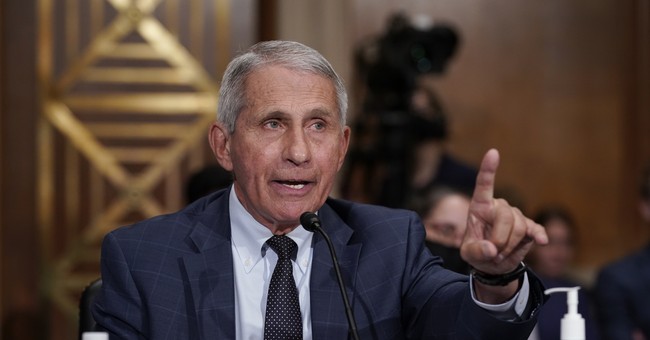culture
The author emphasized Sameh Fayez, a researcher in the affairs of Islamic groups, said that the book “Prevention of Violence” is a practical application for more than twenty years that the author has practiced in preaching, exegesis lessons, and meeting young people to escape the evils of extremism and violence. And during his speech at a symposium discussing the book “ “Prevention of Violence.. Analytical Reading in the Noble Prophetic Hadith” by Dr. Muhammad Mustafa Mansour, Professor of Literary Studies at the Faculty of Dar Al Uloom Fayoum University, at the International Center for Books, affiliated to the Egyptian General Book Authority, Q The “Fayez”: I knew the author twenty years ago when he used to come to us as a preacher at Al Shaarawy Mosque in the village of “Kafr Ghataty” belonging to Kerdasa, and we did not realize his intellectual and academic value because we were children. “Fayez” recounted his experience with leaving the terrorist Brotherhood, and the extent to which he benefited from the author’s applications of the theoretical ideas he presented in the book. Practically in the first step he dealt with “Mansour.”
“Fayez” added: “I suffered the most from extremism and extremism when I was a child following the Brotherhood, and a group of knots, disturbances, distortions, and self-flagellation were born within me, and I could not reveal it in the first meeting with “Mansour” that Sufi sheikh, as I found myself crying without speaking, and as soon as he asked me about my relationship with the Brotherhood. It was as if the years of pregnancy for this child had suddenly been removed.
He continued: I listened to Dr. Mansour’s sermons in our village mosque, and he was giving a different speech to all The discourses presented on the scene at the time were enthusiastic and jihadist discourses that pushed the youth towards extremism. A child received me and pulled me out of the extremist Brotherhood and Salafist atmosphere to pass the days. It happens that this child sits on one platform to discuss the book of this Sufi sheikh, and at the same time two of his childhood colleagues are in prison for their participation in the latest violence of Rabaa and Al-Nahda.
He pointed out that the period before 2011 was the mosques of the village distributed among groups and currents, so a mosque for the Tablighi and Dawah group when you pray in it they advise you to go out with them for three days in order to Preaching and advocacy, then the mosques of the Brotherhood, so they will follow behind you to urge you to pray and join them. Then the mosques of Ansar al-Sunnah to encourage you to attend the lessons of their sheikhs.
As for the chapter on “Training for Kindness to People of Sin” it highlights that It is not required to be a companion to the people of obedience, rather it goes beyond the matter to reach the people of disobedience, and this contradicts the extremist currents that see the possession of power and the rejection of the other, the rejection of the people of disobedience, and the rejection of the people of Islam from other than their groups, which is what we find with Saeed Hawwa, the Brotherhood theorist, in His book, “An Introduction to the Brotherhood” explains that the only group of Islam is the Muslim Brotherhood, after he established the idea of the surviving group. In the chapter on “Training to Develop Human Feelings,” I knew that it was a practical application when I compared the position of Dr. Mansour with us and what was happening between us within the group, and I remember that I entered into a discussion with my brothers about if Faraj Fouda came back to life again: Is it worth killing him? The answers were, “Yes, he deserves to be killed again. This indicates the absence of human feelings within the group. They are not brought up to respect and develop human feelings. The follow-up schedule in the Brotherhood does not contain incitement to human feelings, in which the brother is a member of the group and the father is responsible for you and your teacher in Congregation.
Regarding the method of individual invitation within the group, “Fayez” explains that he tried to follow that method with his father, saying: My father was A simple religious man like the rest of the Egyptians and does not know the groups, so when I forced him to listen to the preaching tapes, he used to scold me and ask me: Is it reparation?! And my firm belief is that these groups are one in extremism, but among them are people who are more extremist and have the ability to kill his father if he was against the establishment of the Islamic state. Fayez continued that the author of the book was presenting to us Sufi thought in the form of a proposition without coercion, and without resorting to the organizational form that Extremist groups are accustomed to him that excel in pursuits. And about the impact of the penetration of extremist thought, he said: In the village we used to rejoice at the Sheikh’s Sufi birthday. Amer, a tomb that is said to Abu Ubaidah bin Al-Jarrah, “and it is a symbolic witness.” Ka Net has celebrations that take place every year, and people come to visit him, but with the activity of the Salafist and Brotherhood groups and the penetration of their thoughts among the people, the Mawlid stopped and the people’s annual joy and happiness ended. Part of a seminar discussing “violence prevention”

Note: This article hav e been indexed to our site. We do not claim ownership, ownership or ownership of any of the content above. To see the article at original source
Click Here













